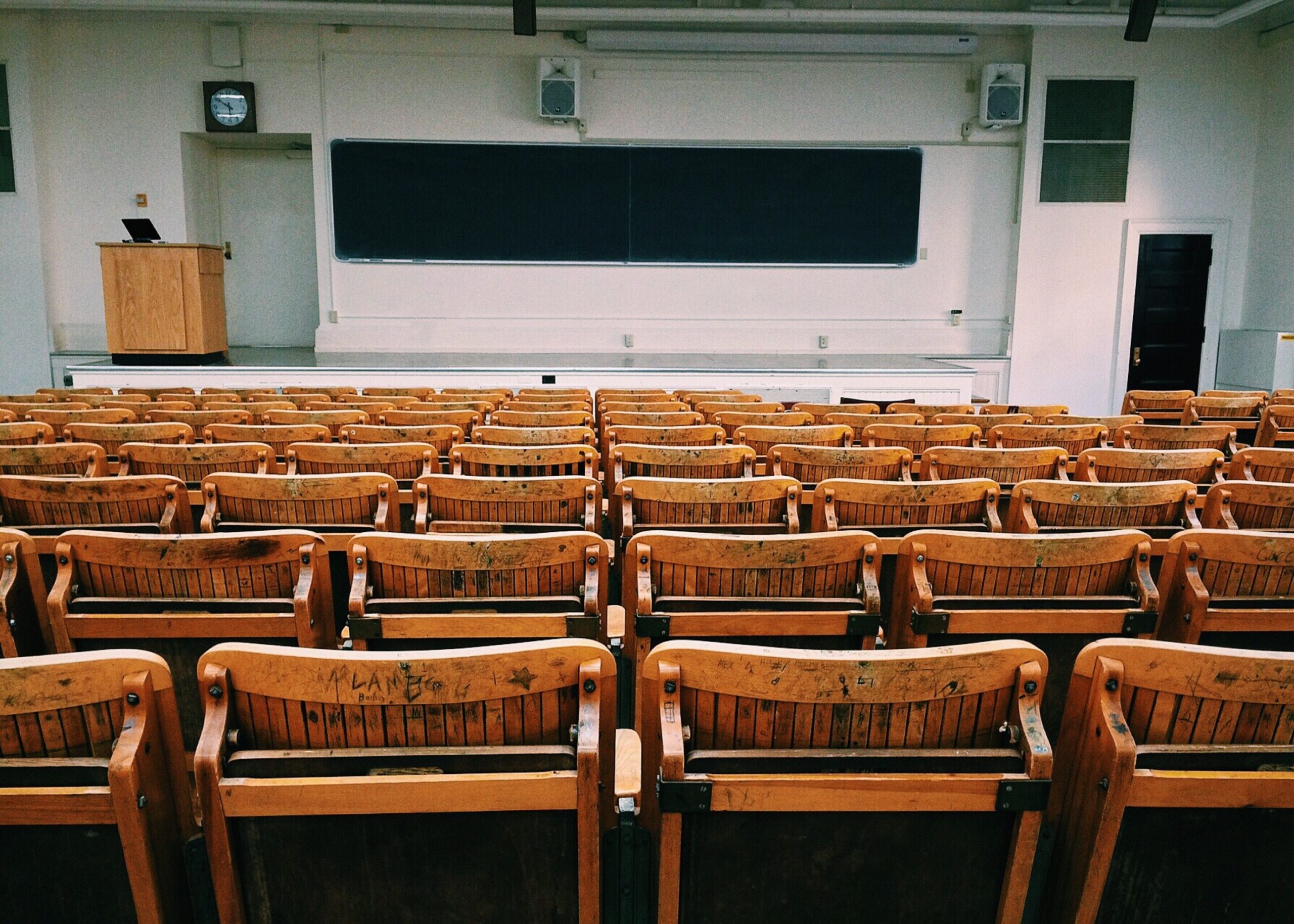Right to education

Academic Freedom in Afghanistan Today
Murtaza Mohiqi, Mohammad Mustafa Mohiqi | 12 January 2021 | Issue 1/2021
The article explores the concept and the development of academic freedom in Afghanistan since the fall of the Talibans in 2001. It sets out the main dimensions and the scope of academic freedom as a fundamental right, protected by the Afghan Constitution, as well as the challenge of increasing the number of female academics. It also aims to indicate how Afghan policymakers and legislators should take measures to effectively protect and optimize academic freedom.
Read More
Political Power and University in Germany and Italy: major similarities and differences during the Covid-19-pandemic
Nannerel Fiano | 11 January 2021 | Issue 1/2021
The Covid-19 pandemic has provoked both in Italy and in Germany wide debates among scientists, scholars of multiple disciplines and public opinion. Of course, politics has played a fundamental role in the management of the health emergency: in Italy, “collective” health has been protected through the adoption of a very wide range of regulatory acts of different nature, not always suitable to guarantee a unitary protection. In Germany, the emergency crisis has been (more) successfully managed, with the sole exception of some problems that have emerged in the coordination between the Bund and Länder in the fight against the virus. This work will analyse, from a comparative point of view, the relationship between the legislative power and science in defining policies to combat the health emergency, focusing on the impact of such policies on the academic context.
Read More
Duty of university professors to teach digitally and the freedom of teaching in Germany
Elias Wirth | 8 January 2021 | Issue 1/2021
In the summer term of 2020, teaching at German universities was shifted to the digital space. In the winter term 2020/21, distance learning will continue at many universities, at least in part, especially for courses with a high number of participants. It is questionable to what extent compulsory digital teaching will interfere with the freedom of teaching and whether digital teaching can be demanded by the faculty management in accordance with fundamental rights in the exceptional situation caused by the pandemic and beyond the crisis.
Read More